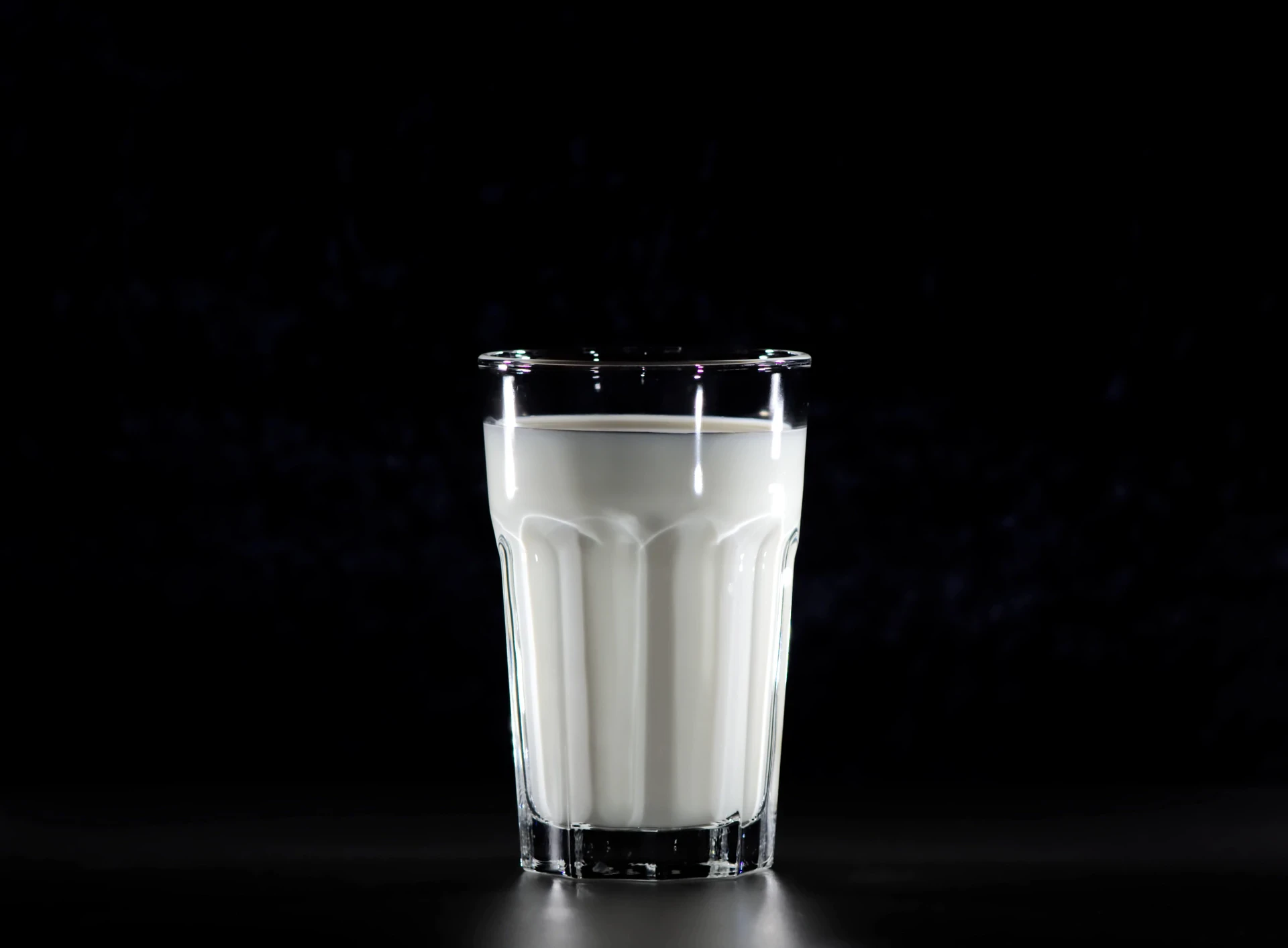When to Start Cow’s Milk for Baby: Making the Switch
If you are considering making the switch to cow’s milk for your baby, there are a few things to consider, including when to start cow’s milk. It varies slightly, but a consensus is, around a year.
When to Start Cow’s Milk for Baby
Based on the advice of the Children’s Hospital of Philadelphia, it’s best to wait until your baby turns a year old or over that. Once they hit the 1-year milestone, you can begin switching out breastmilk and/or formula with cow’s milk.
As you introduce cow’s milk, make sure you start with whole milk, not skim or non-fat. The fat in whole milk is beneficial for the brain, which is crucial for better development during their first 2 years. But if you have a family history or are at risk of heart diseases or obesity, then it’s best to speak with a pediatrician regarding the best choices of milk for your little one.
Why Wait to Start on Cow’s Milk?
You’re probably wondering- Why wait for a year rather than start weaning off breastmilk or formula? Sure, it’s tempting to begin introducing your little one to cow’s milk sooner than a year old, but you shouldn’t rush it.
Breastmilk and formula contain iron, vitamin C, among other important nutrients that you don’t find in cow’s milk, or at least not in adequate quantities for your little one to develop well. But when your baby reaches a year old, they can compensate for lost nutrients once they begin eating solids, having a diet consisting of fruits, vegetables, lean protein, whole grains, and dairy.
Related: Best Waterproof Bath Books For Toddlers
To add to this, here are reasons why you shouldn’t replace breastmilk or formula with cow’s milk too soon:
- Your baby’s body can’t digest the protein found in cow’s milk, and drinking too early may increase the risk of developing an allergy
- As mentioned, cow’s milk doesn’t contain all the important nutrients your baby needs to grow and develop as he turns a year old
- Milk may overtax a baby’s kidneys, as it contains more chloride, potassium, and sodium than younger ones can process properly
- Your baby might end up having an iron deficiency, as they can’t absorb the iron in cow’s milk well
The Benefits of Cow’s Milk
Milk is a great source of calcium and vitamin D, which is good for bone development and to protect your body from various conditions, like diabetes and cancer. Just make sure that you feed cow’s milk in appropriate amounts, 2-3 servings a day.
Wrapping It Up
It’s important to learn when to feed your little one the appropriate and nutritious foods. With cow’s milk, you’ll need to wait for at least a year, and once you do, they can enjoy the health benefits this yummy drink has to offer.
We discuss products we think are useful to people. If you buy something through our links, we may earn a commission. Remember to check with your personal physician to see if a product recommended is right for you.








